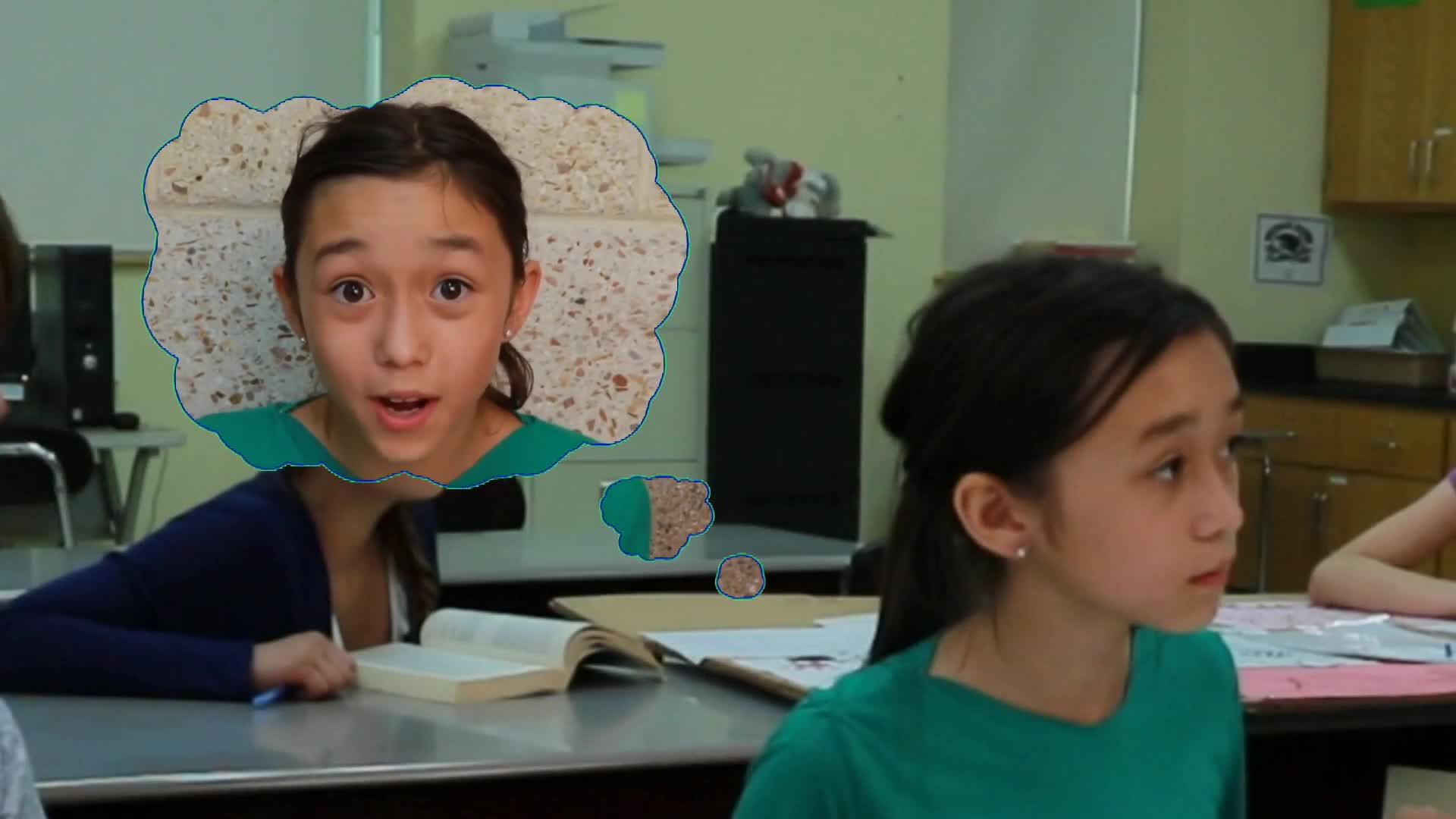
Introduction
In life, everyone has responsibilities which sometimes involve doing things we don’t want to do. It is crucial for kindergarten students to learn that they cannot always have their way and that they need to cope with their feelings of frustration. This blog post will present a no-prep activity, discussion questions, and related skills to help educators teach their students about the importance of responsibilities and managing frustration.
No-Prep Activity
This activity, called “Responsibility Role Play,” requires no preparation or materials from the educator. Here’s how it works:
- Divide the class into small groups of 3-4 students.
- Assign each group a scenario where a student has to complete a responsibility they may not want to do, such as cleaning up their toys, finishing a class assignment, or waiting their turn in line.
- Have the students in each group take turns acting out the scenario, both with a negative response (not completing the responsibility) and a positive response (completing the responsibility).
- After each group has had a chance to act out their scenarios, bring the class back together and discuss what they observed and learned from the activity.
Discussion Questions
Use these questions to stimulate further discussions about responsibilities and coping with frustration:
- What are some responsibilities you have at school and at home? How do you feel when you complete them?
- Can you think of a time when you didn’t want to do something but did it anyway? How did you feel afterward?
- What are some strategies you can use to cope with frustration when you have to do something you don’t want to do?
- Why is it important to complete our responsibilities, even if we don’t want to do them?
- How can we support our friends when they are feeling frustrated about their responsibilities?
Related Skills
Teaching students about responsibilities and coping with frustration is just one aspect of Social-Emotional Learning. Other related skills that can benefit kindergarten students include:
- Empathy: Understanding and sharing the feelings of others.
- Problem-solving: Identifying and resolving challenges in a constructive manner.
- Self-regulation: Managing one’s emotions, thoughts, and behaviors effectively.
- Resilience: Bouncing back from setbacks and maintaining a positive outlook.
- Communication: Expressing oneself clearly and effectively, both verbally and non-verbally.
Next Steps
Now that you have learned about teaching kindergarten students about responsibilities and coping with frustration, you can further enhance your teaching skills by exploring additional resources and activities. To get started, sign up for free samples of skill-building materials and other resources at Everyday Speech. Empower your students with the tools they need to navigate the challenges of life and develop essential social-emotional skills.

